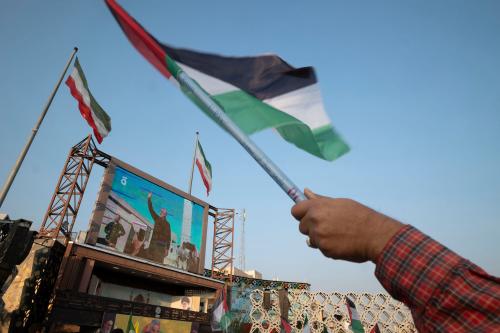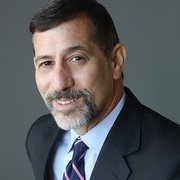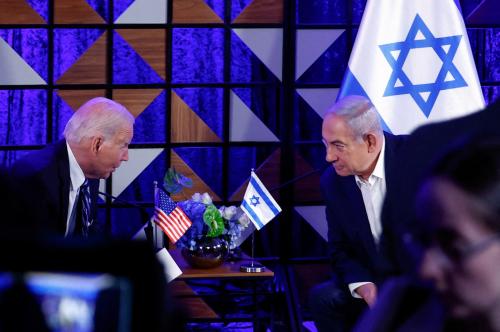

3:00 pm EDT - 5:00 pm EDT
Past Event
More than two decades after 9/11, al-Qaida and the Islamic State are significantly weakened, and U.S. focus has shifted away from counterterrorism as the principal axis of U.S. foreign policy and toward great power competition. Yet terrorism persists. In the United States and the West, the threat of right-wing extremism strikes ominously deep within societies. In Africa, arcs of instability run in the west and the east, and terrorism on the continent is at its most intense level in years, even as new actors, such as Russian private security companies, now also purport to provide counterterrorism assistance. In South Asia, the Tehrik-e-Taliban in Pakistan has significantly increased attacks while foreign fighters flow into Taliban-dominated Afghanistan, even as the Taliban claims not to allow terrorist attacks out of Afghanistan. In the Middle East, where al-Qaida and the Islamic State are much suppressed, foreign fighters and their families languishing in detention camps pose grave risks. In Southeast Asia, terrorism is dormant, but is it fully vanquished?
On the anniversary of 9/11, the Brookings Initiative on Nonstate Armed Actors (INAA) hosted leading experts for a discussion of the state of terrorism around the world.
Audience Q&A followed the moderated discussion. Viewers submitted questions for speakers via email to [email protected] and via Twitter using #StateofTerrorism.



Moderator


Bruce Riedel
January 16, 2024

Itamar Rabinovich
October 24, 2023

Jeffrey Feltman, Sharan Grewal, Patricia M. Kim, Tanvi Madan, Suzanne Maloney, Amy J. Nelson, Michael E. O’Hanlon, Bruce Riedel, Natan Sachs, Natalie Sambhi, Jaganath Sankaran, Caitlin Talmadge, Andrew Yeo
October 13, 2023